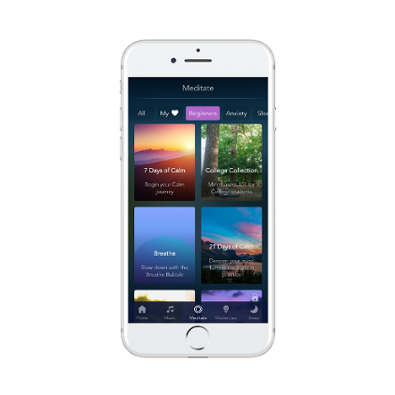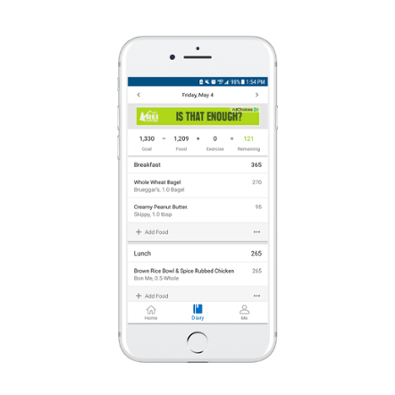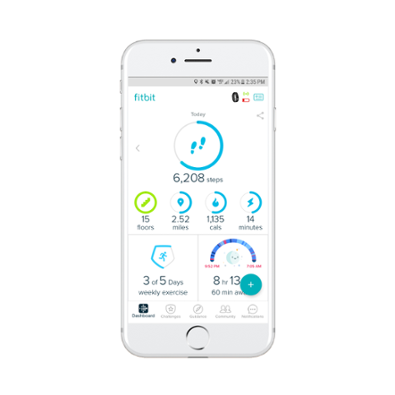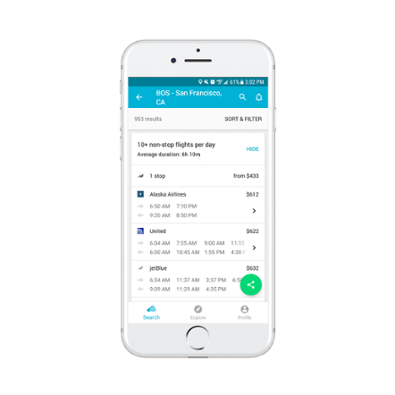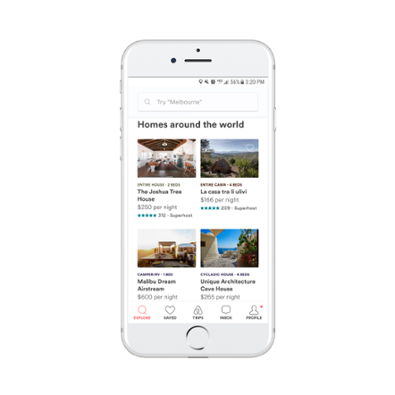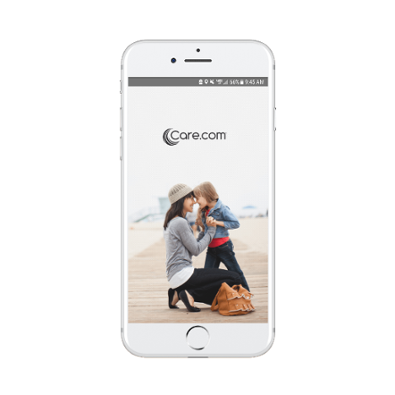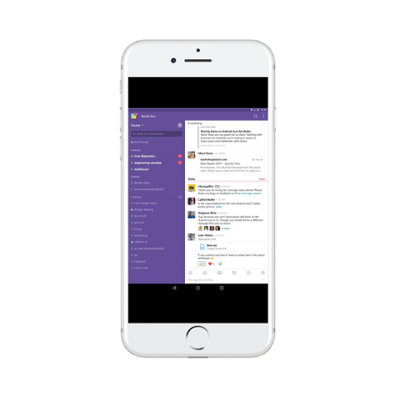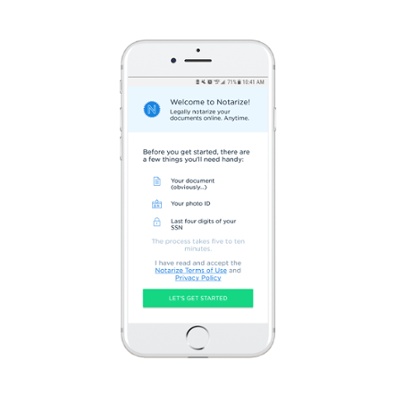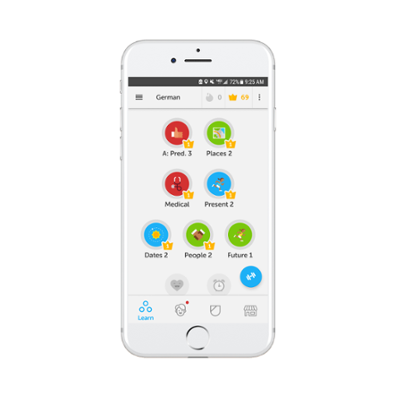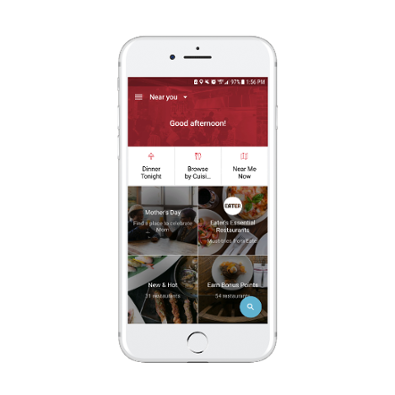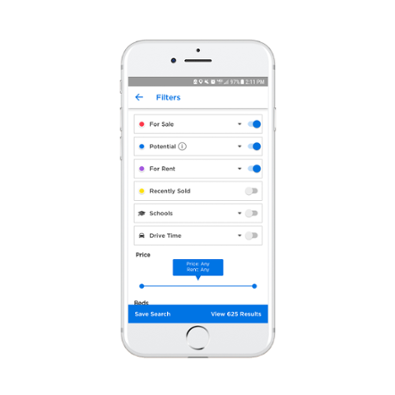Back in 2015, we published an article detailing 14 apps that disrupted their industries, including apps like Uber, Snapchat, and Waze. Three years have gone by since then and not only are there new apps on the updated list, but these particular apps have shown us that society longs for convenience, better health, higher productivity, and more ways to socialize with friends and family.
Here are 13 more mobile apps from that have disrupted their own industries.
1. Mobile Gaming: Pokémon Go
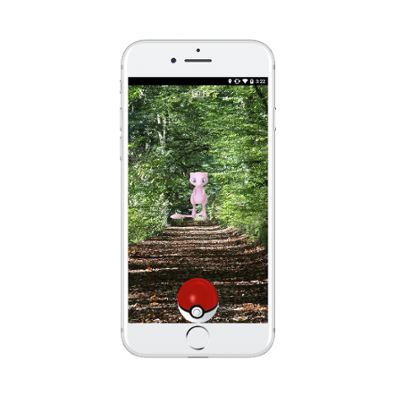
Released in July of 2016 by Niantic, Pokémon Go is a location-based augmented reality game for iOS and Android. The app is based on the popular 21-year-old Japanese video game series and allows players to walk around and capture Pokémon, fictional creatures that the users can then use to battle other players. The app utilizes the phone’s GPS so players can walk around to locate the various Pokémon around the planet. Once one pops up, AR technology allows the Pokémon to appear right in front of the user’s eyes where they can then “capture” the creature with a Pokéball.
Not only did Pokémon Go promote physical activity by requiring players to physically walk around to collect the pokémon, but some business’ also flourished. Six Flags Great Adventure created a “Player’s Guide” for users who were planning a trip to the park. Some local businesses even offered small discounts to players who came into their shop and showed they had the app and were at a certain in-game level. Talk about creative marketing!
2. Health & Fitness: Calm
Many people understand the numerous benefits of daily physical activity, but what about mental health? Calm is a mindfulness & wellness app that allows users to toggle through various features such as daily meditations, sleep stories, and breathing exercises.
Calm currently has over 22 million downloads in the app store and is rated the #1 app for mindfulness and wellness.Calm is a great app for people who are unsure if meditating is for them as it doesn’t require anything other than a mobile phone and a pair of earbuds. One can use it before bedtime or even use it during a 5-minute break at work to practice mindfulness and deep breathing.
3. Health & Fitness: MyFitnessPal
To achieve health and fitness goals, you need to have a proper understanding of your current diet and exercise routines. With MyFitnessPal, users can track their calorie intake by inputting their meals using a large database of over 2,000,000 foods. If you are also tracking workouts, MyFitnessPal also contains a large list of various cardiovascular and strength exercises. Users can set goals, monitor their progress, and even create their own recipes that may not be available in the MyFitnessPal database.
Another great aspect of the app is the ability to sync it with various other apps and fitness trackers such as Fitbit, MapMyRun, and Samsung Health. That way you can have all of your fitness data in one easy to access place.
4. Health & Fitness: Fitbit
Although the free app is not required when you purchase a Fitbit device, it is a great supplement to your fitness tracker. Using bluetooth, the mobile app will sync with the device and present its users with data that is vital to a healthy life.
Years ago one would need to buy a separate pedometer to track their steps, but now Fitbit owners get information about not only their step count but also their workouts, sleep habits, and heart rate–all in one app.
The Fitbit app can also be synced to numerous other fitness apps such as MyFitnessPal, RunKeeper, Lose It!, and many more.
5. Travel: Skyscanner
Flights are not only expensive, but it can take a long time to compare and write down ticket prices. Back before Skyscanner came out, travelers would need to go to each individual airline’s website to compare prices. Now thanks to Skyscanner, a fare aggregator search engine, one can compare prices with the scroll of a thumb.
Not sure where you want to go for vacation and want to base your decision off the cheapest travel costs? Skyscanner also allows its users to search for flights to nearly any location one can dream of, making it super easy to save time and money.
6. Travel: Airbnb
After booking a flight, many travelers search around for deals on lodging, but the same old hotel room can get boring, especially with frequent traveling. Airbnb is a great option with an easy to use mobile app where people can rent short-term lodging for their trips.
Now instead of feeling like you absolutely need a hotel room, you can rent a vacation home that may take the form of a cottage, apartment, a boathouse or even a castle. The app makes it a breeze to communicate with your hosts before, during, and after your stay. Users have numerous options that are comfortable and convenient and the app lets you use filters to find your perfect temporary abode. Want a place that’s pet-friendly and has a kitchen? Airbnb can connect you with the right hosts.
7. Business: Care.com App
Remember the good ol’ days where you would need to post help wanted ads if you were looking for a babysitter? Or maybe you were a sitter yourself and needed to rely on word of mouth to get an after-school job. Thankfully it’s now easier than ever to do both of these things using Care.com, a site that gives caregivers and families an easy way to connect.
Care.com also has an easy to use mobile app that works similarly to their website. Users can easily create or log into their existing account and search for nearby caregivers or jobs, respond to messages, and even use the app for electronic payments.
8. Business: Slack
One of the most confusing aspects of working for a large company can be the long email chains that get sent back and forth between coworkers. Of course, there is a time and place for emails, but sometimes you just want to touch base quickly with a member of your team.
Slack is a digital workplace where the people you work with come together and communicate quickly and effectively. Admins can create specific channels and invite certain people into each channel (for example, one company might have a private marketing team channel, a private sales team channel, and different public channels where anyone from the company can chat about specific topics). It’s a great way to boost productivity and communication within the office.
9. Business: Square Point of Sale
Formally known as Register, Square Point of Sale is a free POS app that allows you to digitally and conveniently accept card payments from anywhere. If small business owners and vendors wish to tear down their “cash only” signs, then Square is a wonderful option.
Of course, your phone needs to have an attached card reader to use the app. Luckily you are able to request a free card reader at sign-up. Once everything is set up, you are able to accept payments, send and track invoices, and send receipts via email or text all from the app. Best of all, customers will love hearing that you accept more than just cash payments.
10. Business: Notarize
Did you know that Virginia was the first U.S. state to pass legislation allowing online notarization? In the past if you needed a notary to certify contracts, deeds, or other documents, you would need to go to a notary in person which would sometimes take a lot of time out of your day. Now thanks to Notarize, this process can be done from your mobile device.
Notarize will connect you with a notary public via a live video call where you can easily get your documents notarized from virtually anywhere (as long as you have service, of course). Users just need to upload their document and verify their identity; quick and simple!
11. Education: Duolingo
Many people are fearful of learning a new language because of the time commitment and the cost of materials. There is an easy solution to this problem: Duolingo. By downloading the Duolingo app, eager language learners can pick up a new language whenever they want. Some of the languages available are Spanish, French, German and Dutch.
Worried about making consistent progress? Duolingo can send you daily reminders so you never miss a day. Even ten minutes a day can help you tremendously as you move through the various lessons.
Of course it’s still a great idea to use some other resources alongside Duolingo, but the app is a wonderful place to start if you don’t want to make a full commitment or just want to learn a few phrases before your next trip to France.
12. Food & Drink: Opentable
Did you know that in the city of Boston alone, there are over 3,000 restaurants? Picking where to eat and making reservations can take more time than necessary. That’s where Opentable comes in.
From the moment a user opens the app, Opentable will ask for permission to access that user’s location. By doing so, it allows Opentable to present a list of nearby restaurants that can then be filtered by cuisine, distance, and even seating options. If there is a special occasion coming up such as Mother’s day or Easter, the app will also list out great options specifically for those days. Once a restaurant is selected, users can then go on to make a reservation using the app. The process is quick and easy, especially with Opentable’s recent update that is designed to make bookings even faster.
13. Lifestyle: Zillow
Looking for a place to call home is an extremely daunting task. Thankfully real-estate app Zillow is here to help make the process a bit easier. Users are able to search for homes using a variety of filers such as location, price, number of bedrooms, home type, and even lot size.
By clicking on a listing, users can check out photos and videos of the home, obtain a list of nearby schools, and will also have the opportunity to contact the property manager right from the app by inputting some basic information such as a name, phone number, and email.
Are there any apps that you feel are missing from this list or would like us to include next time?
